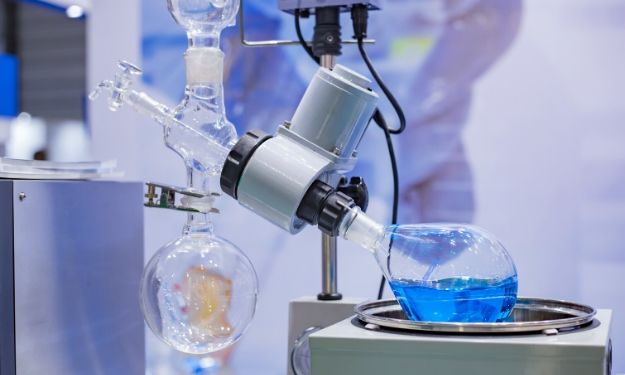How to Leverage Customer Data for More Effective Digital Marketing Campaigns
Leveraging customer data for more effective digital marketing campaigns involves a strategic approach that integrates data insights to enhance targeting, personalization, and overall campaign performance. First and foremost, businesses need to collect relevant and comprehensive customer data. This data can be sourced from various touchpoints, including website interactions, social media engagement, email campaigns, and purchase history. Implementing robust data collection tools, such as customer relationship management CRM systems and analytics platforms, is essential for gathering and organizing this information effectively. Once data is collected, the next step is to analyze it to gain actionable insights. Data analysis involves examining patterns, trends, and behaviors to understand customer preferences and interests. For instance, segmentation is a powerful technique that divides the customer base into distinct groups based on shared characteristics, such as demographics, purchasing behavior, or engagement levels. This segmentation allows marketers to tailor their messages and offers to specific groups, increasing the relevance of their campaigns.
Personalization is another critical aspect of leveraging customer data. By using insights from data analysis, marketers can create highly personalized content and offers that resonate with individual customers. For example, dynamic email content can be customized based on past interactions or browsing behavior, making the messages more engaging and likely to drive conversions. Similarly, personalized recommendations on websites or in-app experiences can enhance user satisfaction and increase the likelihood of repeat purchases. Predictive analytics is a valuable tool for anticipating customer needs and behaviors. By analyzing historical data and applying statistical models, businesses can forecast future trends and preferences. This foresight enables marketers to proactively address customer needs, optimize campaign timing, and allocate resources more effectively. For example, predictive analytics can identify the best times to launch promotions or predict which products are likely to be popular in the coming months. Moreover, customer feedback and sentiment analysis provide additional layers of insight. Monitoring social media, reviews, and direct feedback allows marketers to gauge customer sentiment and adjust their strategies accordingly.
Positive feedback can be leveraged in testimonials and case studies, while negative feedback can be addressed promptly to improve customer satisfaction and brand reputation. Integration of data across multiple channels is also crucial for a cohesive marketing strategy. The digital marketing agency 香港 ensures that customer interactions are seamless and consistent, regardless of the platform they use. By integrating data from various sources, marketers can create a unified view of the customer journey, allowing for more effective targeting and messaging. Finally, data privacy and compliance must be prioritized to build and maintain customer trust. Transparent data practices and adherence to regulations such as GDPR or CCPA are essential for ensuring that customer data is handled responsibly. Providing customers with control over their data and clear information about how it is used fosters trust and enhances the overall customer experience. In summary, leveraging customer data for digital marketing requires a combination of effective data collection, insightful analysis, personalized content, predictive analytics, and data integration.

 Proper installation prevents common issues such as wobbling, noise, or inefficient performance, which can arise from incorrect mounting or wiring. Moreover, professional installers are well-versed in the latest building codes and safety regulations, ensuring that your ceiling fan is installed in compliance with all necessary standards. This attention to detail not only guarantees the safety of the installation but also protects your investment in the fan itself. Many professional services also offer warranties on their installation work, providing added peace of mind that any issues arising post-installation will be addressed promptly. Additionally, a professional installer can offer valuable advice on the best fan for your specific needs and room size. They can guide you in selecting a fan that optimizes airflow and energy efficiency, which can lead to significant savings on your utility bills over time.
Proper installation prevents common issues such as wobbling, noise, or inefficient performance, which can arise from incorrect mounting or wiring. Moreover, professional installers are well-versed in the latest building codes and safety regulations, ensuring that your ceiling fan is installed in compliance with all necessary standards. This attention to detail not only guarantees the safety of the installation but also protects your investment in the fan itself. Many professional services also offer warranties on their installation work, providing added peace of mind that any issues arising post-installation will be addressed promptly. Additionally, a professional installer can offer valuable advice on the best fan for your specific needs and room size. They can guide you in selecting a fan that optimizes airflow and energy efficiency, which can lead to significant savings on your utility bills over time.
